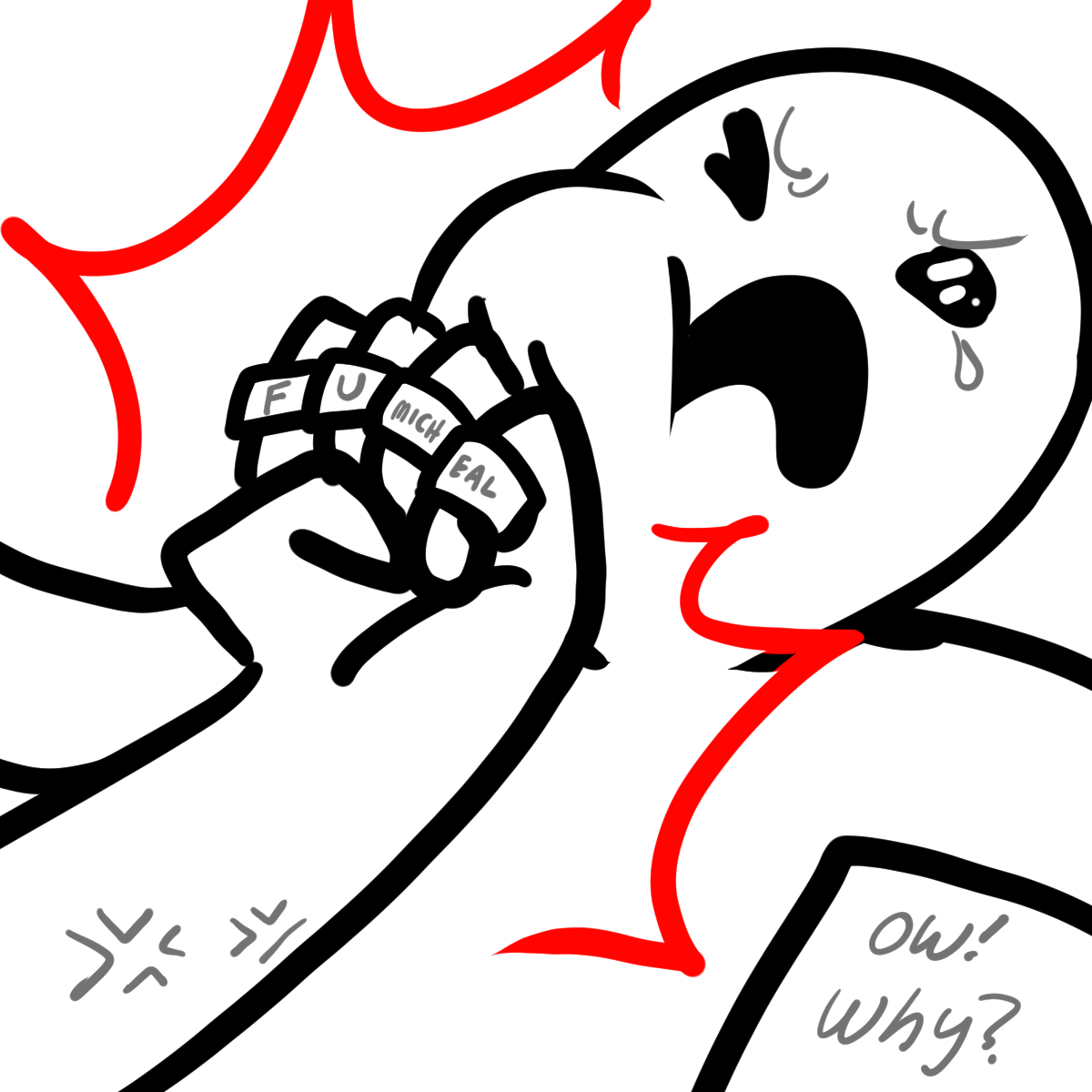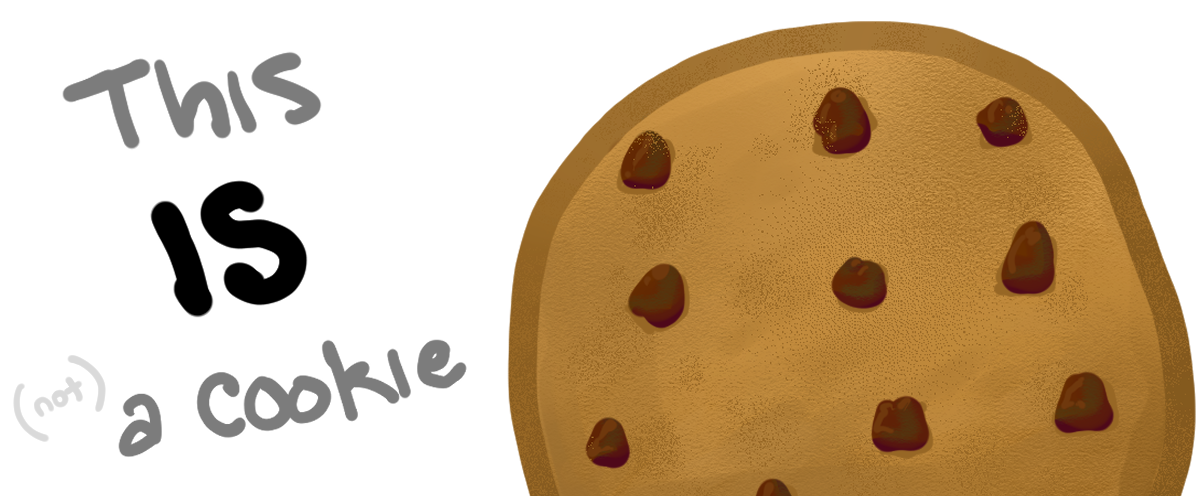This is COPULA!!! It is one of the first and most common grammar lessons everyone will go through when learning Japanese. This is the copula!
This insight was originally published on May 04, 2021, and transferred here later.
What is it? Why are you even here? Is this really the kind of thing you like to read?
Sorry if that felt a little weird & aggro. All of those questions were actually examples of me using a really common linguistic treasure called the copula! Most languages have it, and most will generously use it every day. For our purposes though, let's talk about using it in the Japanese language!
What even is a copula?
So a copula is a word you use in a sentence that has the intense executive power to deem one thing as equal to another. In English, "is" is our copula. You can even see it used as such in that very sentence!
We also say other things like "this thing is that quality or idea", and "That guy from Math class, I think his name is Micheal*– He is a total tool". That copula is a shortcut to the very long and wordy route a language might otherwise take to say "Concerning that not-so-gentlemanly person from our arithmetic scholarly gathering, I have a rough approximation that his name may equivocate to Micheal*; Anyway, I think that this person has the qualities that make him comparable to a rube-ish automaton".
Unless you want to sound like some kind of tool (much like Micheal* is), using a copula usually helps make your peers hate you less.
In the Japanese language, the copula comes in many forms! We can talk about those another time though. For now, we are going to focus on only one: です, or desu for those who can't read Japanese yet.
です is how you would say "is" in English. It is a verb, it is present-tense, and it is 🔥🔥🔥!
How to copulate

In order to use です in Japanese, we gotta learn a little bit about syntax! That is a fancy linguistic term for the word-order of a sentence. A basic Japanese sentence flows like this:
Subject Object Verb- The subject does a thing. It actions, and it verbs.
- The object is what the subject is doing something to or at.
- The verb is the action~ It is what the subject does, and possibly to an object!
An example would be something like これ は クッキー です, and in romaji for those who can't read Japanese yet: kore wa kukkii desu. Each section of the sentence is highlighted appropriately to show the subject, an object, and then a verb. Notice that です, our copular verb, is at the end of the sentence!
In English, as a comparison, we have a syntax of Subject Verb Object. Our example sentence would be translated to This is a cookie.
Super duper practice time!
So now that you know about the copula です & how to use it, let's stretch those learning muscles and give it a try! Here are some vocabulary items to try making a Japanese sentence with the copula. Personally, I find the most gratifying kind of practice for this to be pointing at things and shouting in utter shock これは___です!
Some vocab to try out:
- This
- これ (kore)
- That
- それ (sore)
- That (but further away)
- あれ (are)
- Food
- 食べ物 (tabemono)
- Drink
- 飲み物 (nomimono)
- Animal
- 動物 (doubutsu)
- Plant
- 植物 (shokubutsu)
- Furniture
- 家具 (kagu)
Extra Credit!
If you want to make question about what something is, it can be as easy as putting か (or ka) after the です at the end of the sentence. It basically acts as a verbal question mark (?), but we will talk about that in a different post.
Here are some question words in the meantime to play with:
- What
- 何 (nan or nani)
- Who
- 誰 (dare)
- Where
- 何処 (doko)
- When
- 何時 (itsu)
- Why/How
- 何故 (naze)
- Learn more about this topic!
- Sorry to all the Micheals out there who were hurt by my words. I just picked a name and went with it. You just happened to be in the crossfire. If it wasn't you, it could have been Mitchell. In a way, you saved Mitchell. You are officially a hero now!


